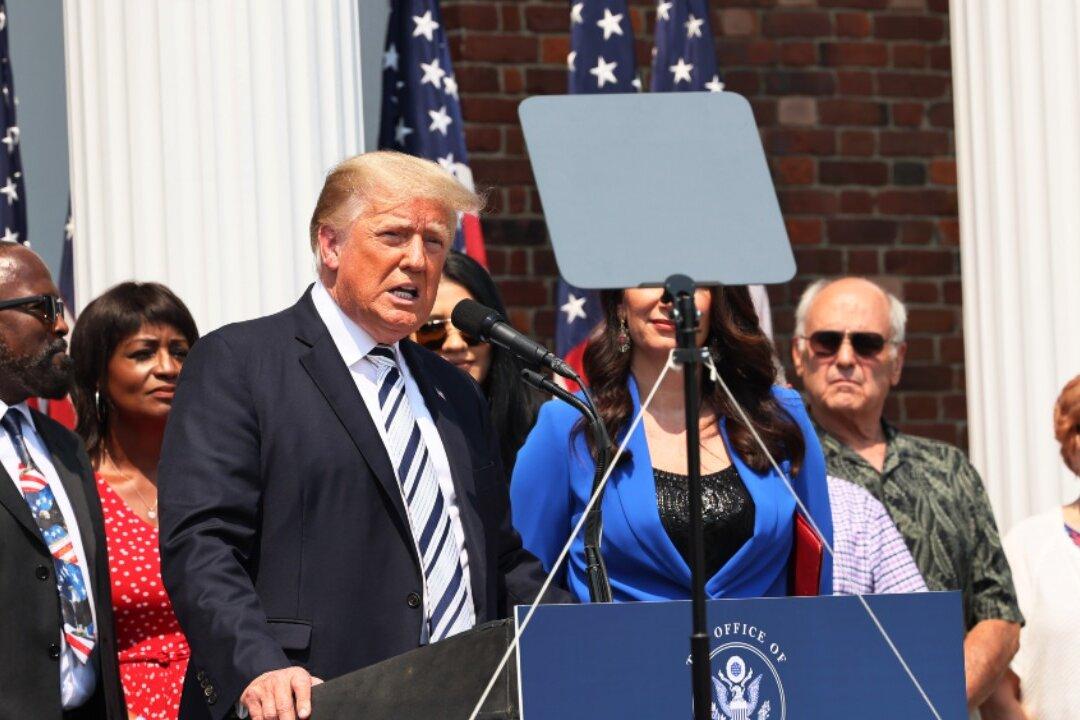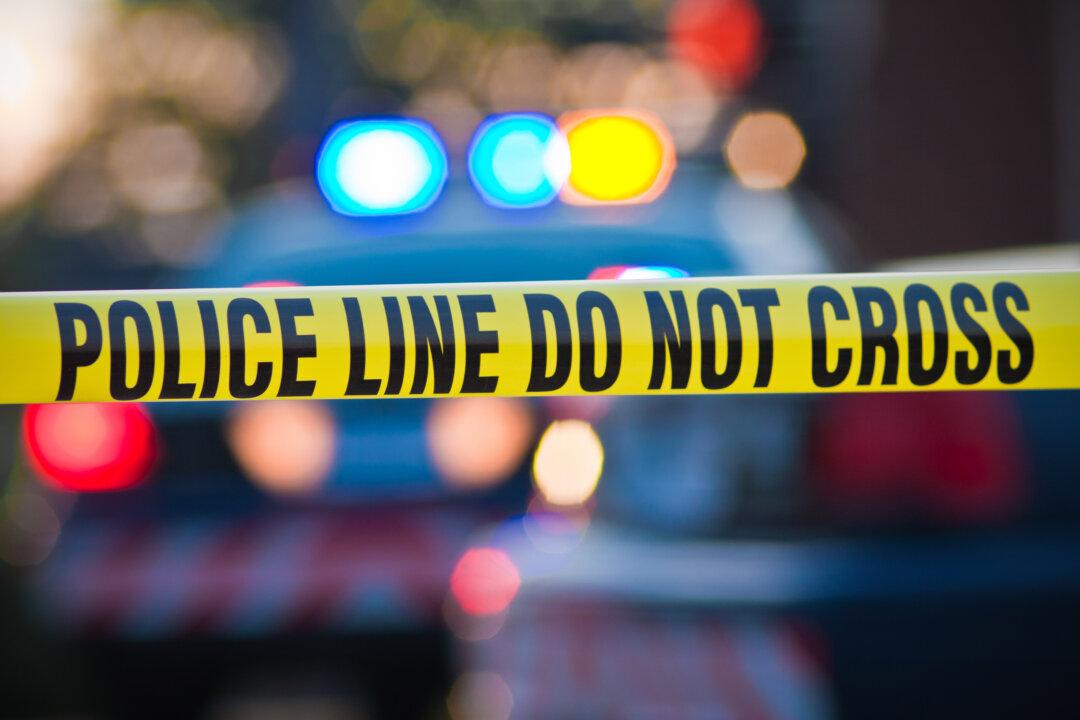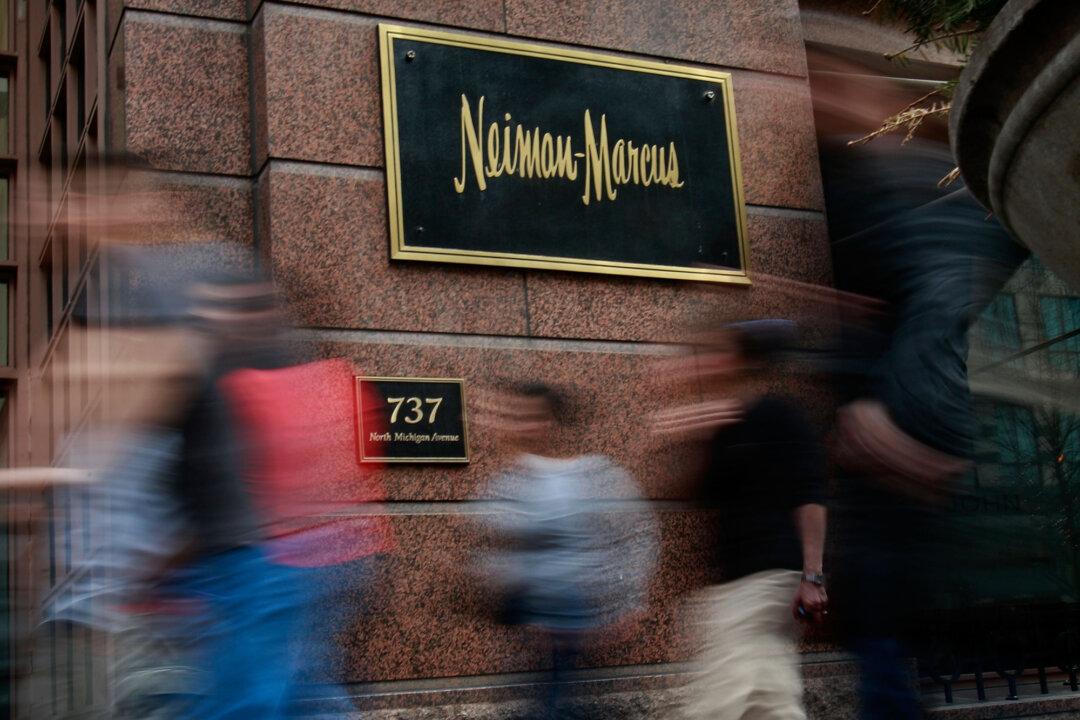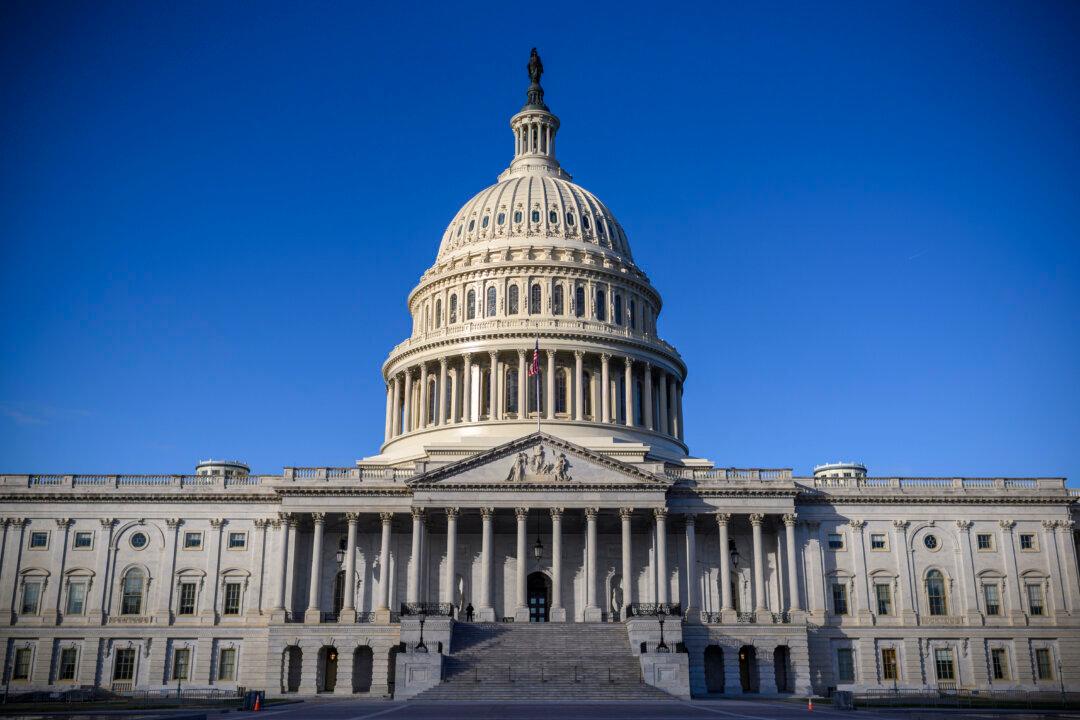A church in Pasadena, California, has won a major court battle that allows them to open up amid strict lockdowns.
After a district court rejected the church’s appeal to for relief, the Supreme Court ruled in favor of the church stating that California officials cannot bar churches from holding indoor services amid the CCP (Chinese Communist Party) virus pandemic.



